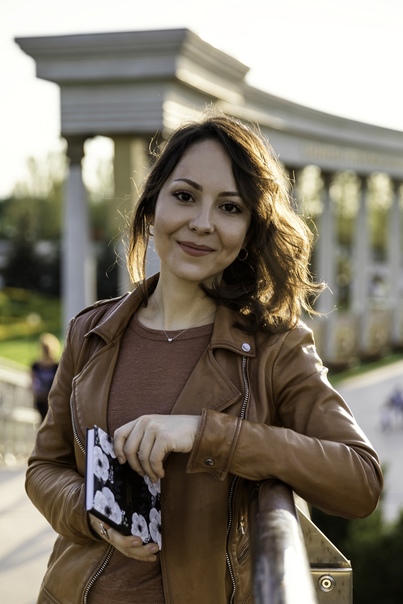Review by Alina Gatina. Translated by Alyona Timofeyeva

The story with the inconspicuous title “Instead of a thousand words” is a wonderful example of ultra–short prose written by the method: “author” – “reader-co-author”. It shows there is no shortage of plots because reality is overflowing with them, the only important thing is to choose the right scenery, set the lights and turn on the microphones.
In a noisy pizzeria light falls on a table by the window where a father and son are sitting. Life is happening between them. Everyday life is a sufficient source of drama in literature if the writer uses the possibilities of drama, as Manshuk Kali does. The task of dramaturgy is to expose the conflict.
There is a place for drama here – a pizzeria – and the visitors are teenagers and a young couple in love. They make noise and interfere with the main dialogue. The father still says what he came to tell his son, but the son can isolate himself from his father’s explanations, distracting himself from visitors and uttering things that are normal in a pizzeria.
– I want to tell you how everything happened.
– I’m hungry, <…> can I eat first? I just came from school.
***
… I don’t drink anymore! I go to work, stay there until night. Sometimes I even forget to eat.
– Can I have dessert? <…>
Another important point that creates the drama is that the author does not provide any backstory – the the reader learns about what happened only from the characters’ words. This method is the best gift to the reader. It will help to complete the unwritten, relying on the written.
“Instead of a Thousand Words” is written in the first person – such a narrative is characterized by relative freedom, however, and here the author does not forget about drama – the main character (the son) does not tell the reader anything about himself – his silence, abstract phrases, and most importantly actions tell more about the relationship with his father than if he explained them directly.
<…> – I looked at the photos the other day. Beautiful photos. And I thought: we are no worse than others. Maybe not better, but not worse as well! By the way, I don’t drink now. Do you think Mom will forgive me?
I shrugged, stubbornly not looking up. He drained the last sip of water from his glass. Then he asked:
— Does she know that you’re with me?
— Yes, – I put down the empty cup and got up. — I have a lot of homework.
— Fine. Tell your mother I don’t drink anymore, okay?
Turning my back to him, I took my backpack off the hanger.
— Okay.
—Wait, – he said, and handed me a box of Raffaello. — Can you give this to her?
The “laconic” author (here: “laconic” hero) is a godsend for the reader and an indicator of prose mastery.
Sometimes there are stories in which the author writes the exposition in detail. The story “Instead of a thousand words” perfectly illustrates why this is not necessary. Reading it leaves a cloying taste of raffaello sweets mixed with pineapple in the mouth. One cannot help but feel bitter about the fact it is so hard to understand each other, and want to think about how everything was, how everything could be, and how everything will be, but above all, joy there are authors who write stories like this.
I recommend reading it!

Manshuk Kali is a graduate of Open Literature School of Almaty (prose seminar), a student of the Moscow playwright Olzhas Zhanaydarov. Finalist of “Drama.KZ 2019” festival. Published in the almanac “Literary Alma-Ata”, in the “Tamyr” and “Druzhba Narodov” literary magazines.

Alina Gatina is a novelist, literary editor. Graduated from the Gorky Literary Institute in Moscow, Department of Prose. Laureate of the First President of Kazakhstan Foundation’s literary prize “Altyn Tobylgy”.
